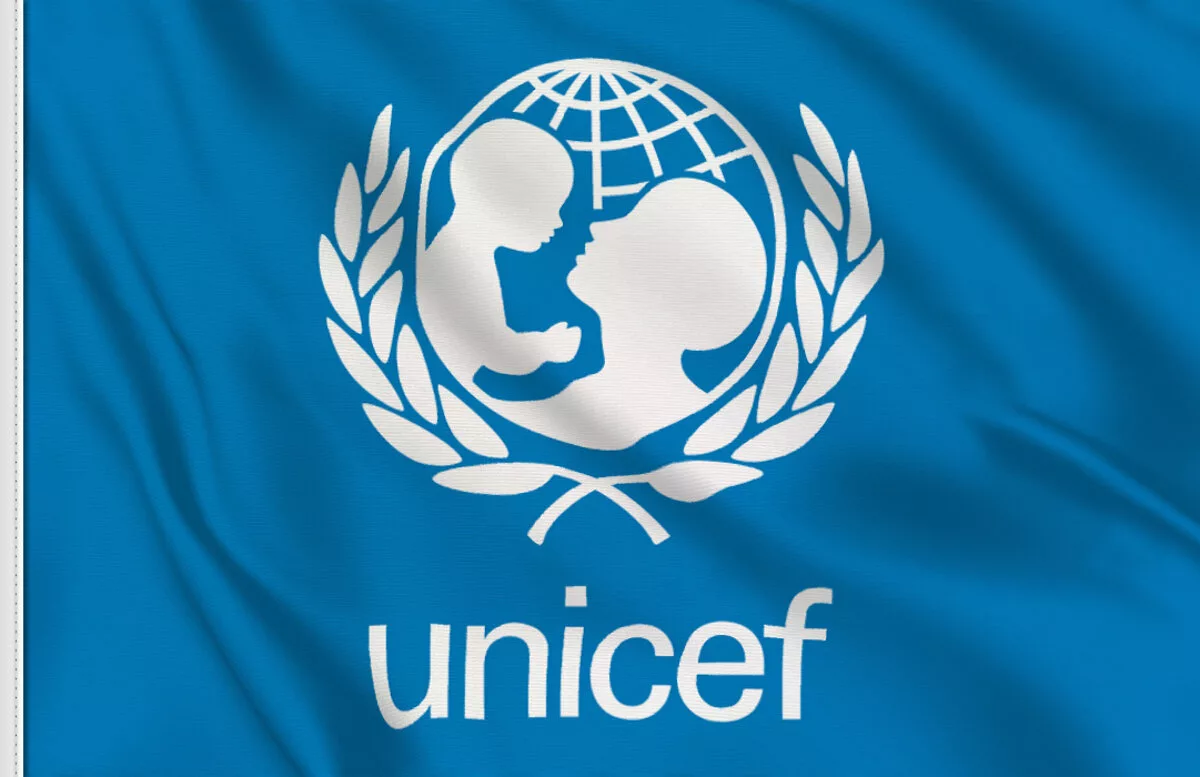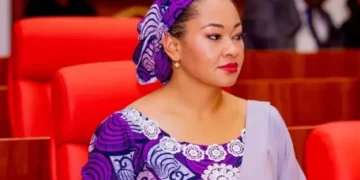Oyo State government, in partnership with the United Nations Children’s Fund (UNICEF) has called for a strengthened prosecution of Female Genital Mutilation (FGM) cases across Edo, Ekiti, Ondo, Osun, and Oyo States.
This submission was upheld at a 3-day Multi-sectoral Engagement meeting which brought together law enforcement officials, judicial actors, nongovernmental organisations, agencies and religious leaders.
The workshop which held at Ibeju-Lekki, Lagos State focused on improving the justice system responses and survivor-centered approaches in addressing FGM.
Speaking, Permanent Secretary, Oyo State Ministry of Information, Mr Rotimi Babalola who represented the Commissioner, Prince Dotun Oyelade described the engagement as “apt and timely,” citing the continued prevalence of FGM despite the existence of relevant laws such as the Violence Against Persons (Prohibition) Act (VAPP) and the Child Rights Law.
He pointed out that all five states already have legal frameworks in place, such as the Violence Against Persons (Prohibition) Act (VAPP) and the Child Rights Law, which criminalise the practice.
However, he noted that low levels of reporting, weak enforcement, inadequate survivor-centred responses and fragmented inter-sectoral collaboration have continued to limit their effectiveness.
Babalola commended UNICEF for initiating the workshop, noting its aim in bridging existing gaps in FGM response through enhanced capacity building, timely case documentation, protection of survivors and prosecution of offenders.
“The goal is clear, which is to enhance FGM reporting, ensure survivor protection, and strengthen the justice system through improved multi-sectoral collaboration,” he said.
He urged participants to propose actionable strategies, strengthen inter-agency coordination, and critically review existing enforcement gaps that hinder progress in ending FGM.
Babalola also expressed confidence that with the calibre of attendees at the workshop, significant progress would be made in collective efforts to eliminate FGM for the future of the girl-child, who will grow up to become a mother in the society.
Also speaking the UNICEF Child Protection Specialist, Mr. Denis Onoise emphasised the urgency of eliminating the harmful practice, outlining the four types of FGM to include clitoridectomy, excision, infibulation, and unclassified forms.
Despite the adoption of laws like the VAPP Act in many states, Onoise noted that prosecutions were rare, and communities reluctant to report cases.
He, therefore called for stronger legal enforcement, greater budgetary commitments for anti-FGM programmes, and the continued engagement of traditional leaders and men led advocacy groups.
While noting progress through the adoption of the VAPP Act and advocacy campaigns, Onoise said prosecutions were rare and communities still hesitate to report cases.
He urged state House of Assemblies, law enforcement and the justice sectors to take stronger action, including prosecuting offenders and increasing budget allocations for FGM programmes.
He also commended traditional leaders and men’s advocacy groups who were taking steps to abandon the practice.
“Our goal is clear, we need to increase our steps ten times beyond what we are doing now to eradicate FGM in our States by 2030,” he said.
For his part, Executive Director of Trailblazer Initiative, Dr Dare Adaramoye called for the establishment of specialised courts to handle gender-based violence cases, including FGM.
He highlighted the serious gaps in the reporting and justice chains that allow perpetrators to go unpunished.
Adaramoye noted that while many states have adopted the Violence through VAPP Law, prosecution of offenders remains weak.
He called for stronger collaboration between communities, social services, and justice institutions, as well as specialized courts to fast-track cases on violence against women and children.





